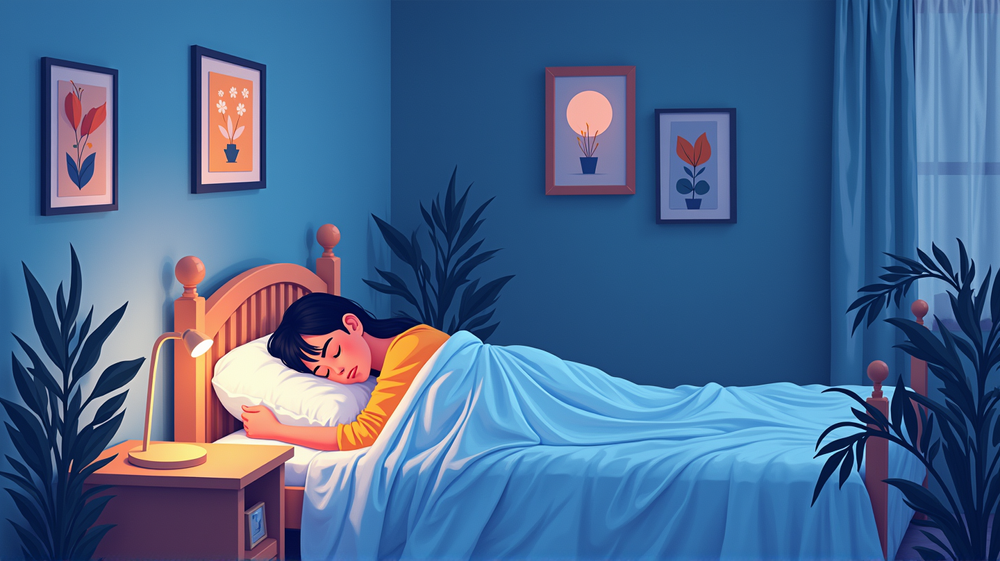Unlocking the Mystery: Sleep’s Crucial Role in Mental Health
The intricate relationship between sleep and mental health has captivated researchers for years. It’s not just about getting a good night’s rest; it’s about understanding how vital sleep processes affect our mental wellbeing. This article unravels five key insights that illustrate the profound impact of sleep on mental health.
REM Sleep: A Gateway to Creativity and Connection
Rapid Eye Movement (REM) sleep is much more than a nightly ritual. It’s a cognitive powerhouse for creative thinking and forging connections between disparate ideas. REM sleep plays a pivotal role in personal growth and mental wellbeing, reinforcing the brain’s network of associations. According to Pharmafile, nurturing this sleep phase can enhance creativity and mental resilience.
The Dark Spiral: Lack of Sleep and Mental Disorders
Sleep deprivation is not merely an inconvenience—it’s a significant trigger for mental health conditions. Continuous sleep shortages can lead to an escalation of depression, anxiety, and even bipolar disorder. Addressing sleep issues is crucial in alleviating these conditions and improving overall mental health.
Obstructive Sleep Apnea: A Hidden Strain
Obstructive sleep apnea stands as a daunting contributor to the mental health crisis. Individuals with this condition endure repeated breathing interruptions during sleep, slashing oxygen levels and aggravating mental health problems. Notably more common among those with mental conditions, sleep apnea’s reach extends far beyond restless nights, intertwining physical and psychological health challenges.
Weighted Blankets: Embracing a Calming Touch
Weighted blankets embody much more than cozy comforters; they embody a physiological balm. By applying deep pressure touch, they activate the parasympathetic nervous system, prompting the release of endorphins, dopamine, and serotonin. This cascade calms the heart, eases anxiety, and enhances sleep quality, acting as a natural remedy for mental tranquility.
Therapeutic Interventions: Light and Cognitive Patterns
Cognitive Behavioral Therapy (CBT) for insomnia and light therapy might seem simplistic, yet their effects are profound. Shown to improve memory and potentially slow cognitive decline in older adults, these interventions highlight the transformative power of structured sleep therapies. By focusing on altering sleep patterns or light exposure, they offer potential avenues for combating cognitive and mental deterioration.
Understanding the nexus of sleep and mental health opens up new horizons for treatment and wellbeing enhancement. By valuing sleep as a cornerstone of mental health, society can combat a wide range of disorders, fostering a healthier, more vibrant life.




